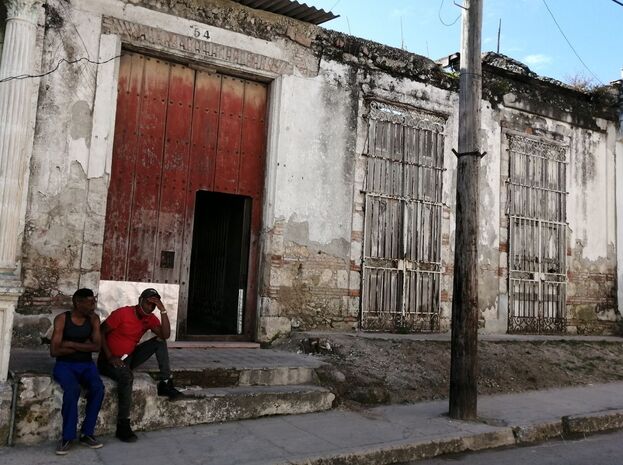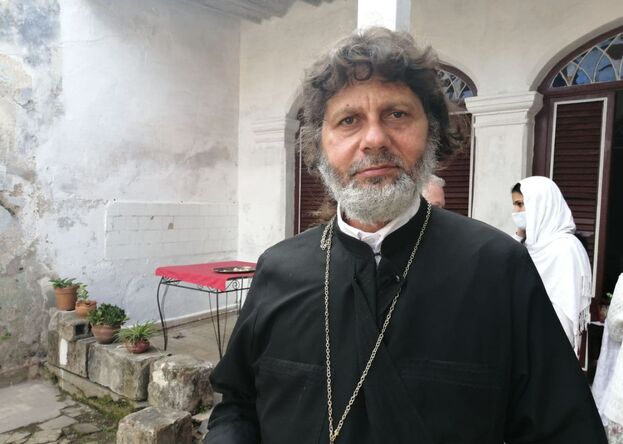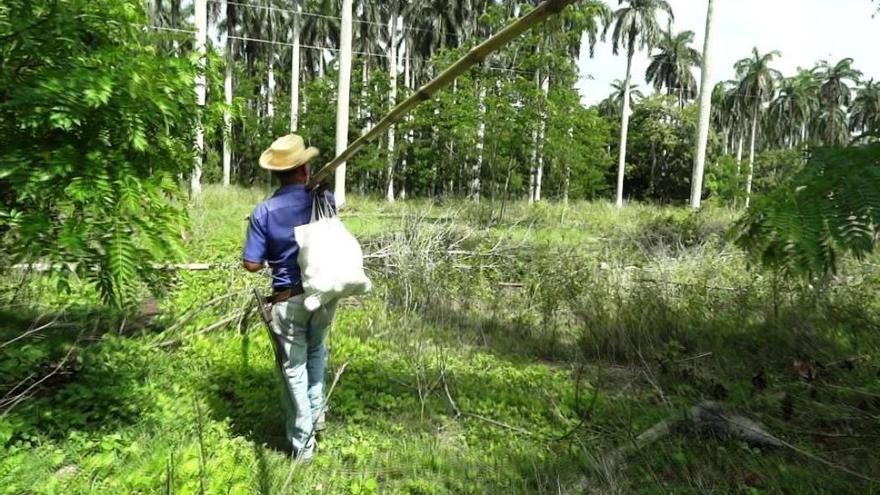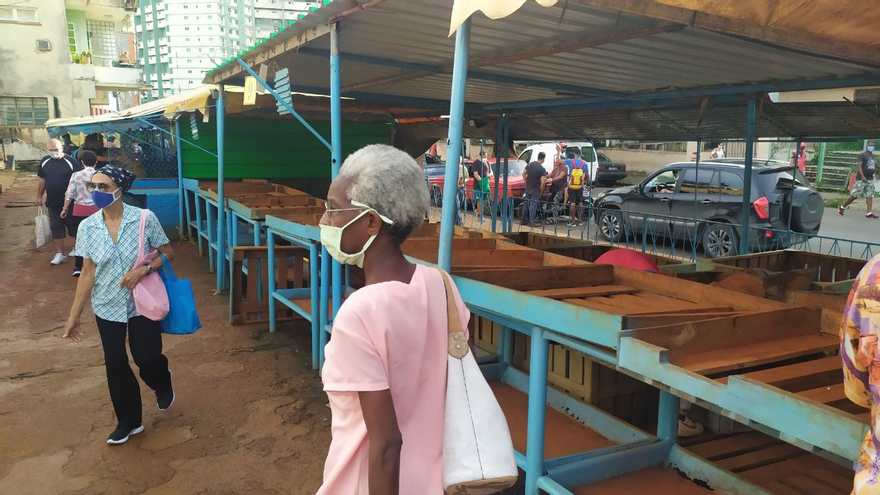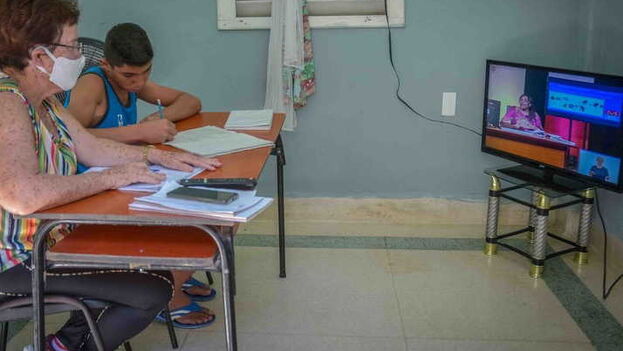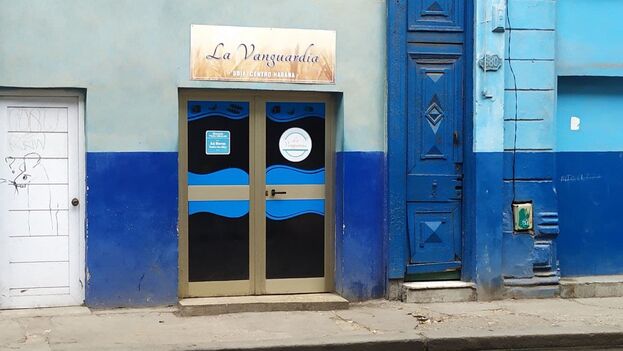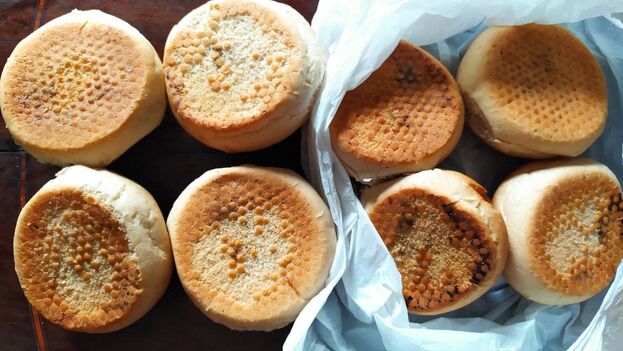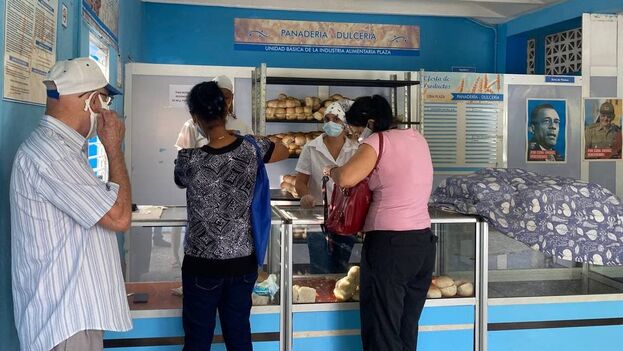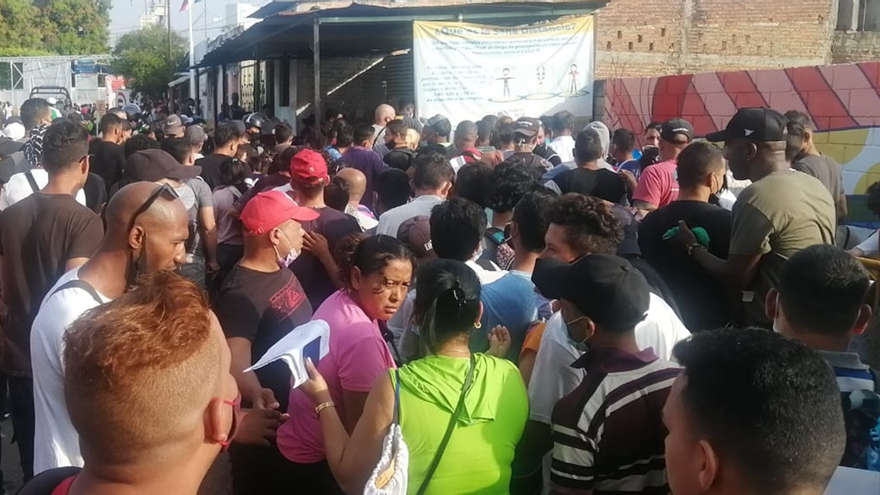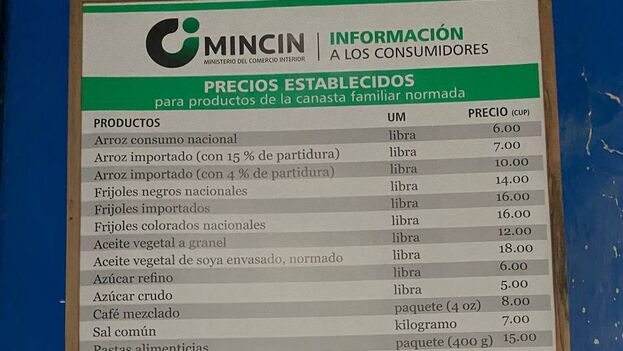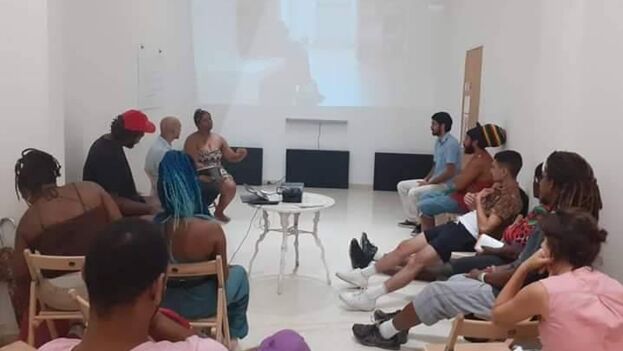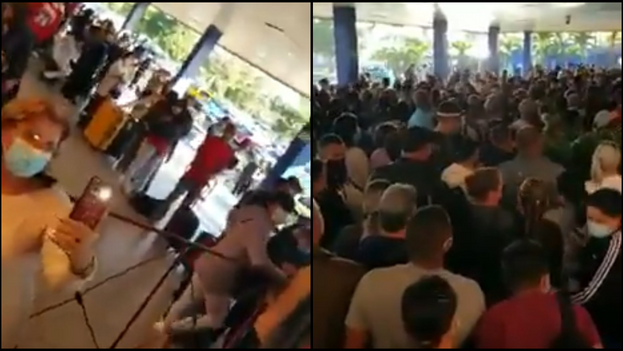In response to the question posed by Pepe Perez, I will proceed to analyze the difficulties that his economic investment project in Cuba will face, both those arising from the United States embargo and those caused by the lack of opportunities for foreign investment in Cuba as a consequence of the restrictions imposed by the island’s government and the prevailing bureaucratic corruption. continue reading
To do this, I will present a theoretical situation in which Pepe Perez is confronting and solving each of these problems only to fall into the next trap. I regret that my presentation is a bit long but the competition rules do not stipulate limits on length. Therefore, I assume that that this should not cause any inconvenience. Any resemblance to the current reality of Cuba is purely intentional.
Let me begin by noting that Pepe Perez cannot under any circumstances fulfill his desire to buy a farm in Cuba. According to the Agrarian Reform laws of 1959 and 1960, land in Cuba is not an alienable asset. Therefore, it cannot be bought or sold. Only the state, state-owned companies, agricultural cooperatives (which are essentially a form of state property in disguise) and individual owners who acquired it as a result of the Agrarian Reform laws or inherited it from their parents can own land in Cuba.
Individual owners may only retain ownership of their land if they continue to use it for agricultural production. When they get old and are no longer in a position to continue working their land, they must hand it over to their children to continue working on it. If they have no children, or if their children are unwilling to engage in full-time agricultural work, the state simply confiscates the land.
They may not sell their lands to another farmer who is interested in acquiring them, only to the state, and at a price determined by government officials. They can also hand over the property to the state in exchange for a lifetime pension. This pension protects the owner, his widow and his minor children, if any. It ends upon the death of the owner and his wife, and when his children reach adulthood.
It is clear, therefore, that Pepe Perez cannot buy a farm in Cuba. He cannot hold land in trust because he does not reside in the country. He can only try to reach some sort of agreement with the state to rent the farm he wants. And that was not even possible until a few years ago when only foreign investors, not Cuban emigrants, were allowed to do this. The economic crisis in Cuba and the urgency to find investors, however, led the government to do away with this restriction. Pepe Perez can currently propose an investment project to the state.
I should point out that Cuban law does not allow for, except in rare instances when it is in the state’s overriding interest, the existence of wholly foreign-owned companies. In other words, in the event his investment proposal is accepted, Pepe Perez will be forced to enter into a public-private partnership in which the Cuban state will own at least 51% of the value of the company. The state will retain the right to make adjustments to production plans as it sees fit. It could also decide at any given moment to switch from producing “meat, milk, cheese, fruit and vegetables,” as Pepe Perez wants to do, to producing something else that better suits the interests of the state.
But let us suppose that Pepe Perez is so eager to invest his savings in his native country that he is willing to accept these draconian conditions. The state will then offer properties for our investor to lease so that Pepe Pérez can choose the one that best suits his purposes. It is at this point that our hero could become entangled in the web that is the U.S. embargo against Cuba.
I should point out that he is not a U.S. citizen but rather a Canadian citizen and, therefore, is not required to apply for a license from the Treasury Department in order to invest in Cuba. Nevertheless, according to the Cuban constitution, as long as he is on Cuban soil, he does not enjoy the protections of another country’s citizenship. This means that, in the event of a legal dispute with the Cuban state, he will not be entitled to consular assistance or legal representation by a foreign law firm. He will only be able to contract the services of a lawyer from a Cuban Collective Cuban Law Firm.
How then could U.S. law affect him? It is very simple. If the farm that he decides to rent from the Cuban state is under litigation because it was illegally confiscated from a Cuban national living in the United States as a result of the Agrarian Reform laws, then Pepe Perez’s company could be subject to a lawsuit under Title III of the Helms-Burton Act, which protects the property rights of U.S. nationals.
However, if Pepe Perez has received good legal advice, he should not face major problems over a possible claim. Once the Cuban Ministry for Foreign Investment has provided a list of lands available for lease, he would go to the Interior Ministry’s Land Registry office to inquire about the legal status of the land he wishes to lease.
He has just fallen into the swampy terrain of the Cuban bureaucracy. Assuming that the applicant has all his legal documentation in order, he is still dependent on the goodwill of the officials who will handle to it. Most likely, he will have to pay a hefty bribe to these officials to do their job.
Legal actions in Cuba, as in any country, are subject to deadlines. Junior-level officials at every institution know this and deliberately slow down the approval of applications to force the interested party to offer them incentives to process the paperwork quickly.
Pepe Perez would have an alternative. He can publicize what he wants to do. I would recommend that he take out a classified ad in Spanish and English in a national newspaper in the United States such as the New York Times. I would recommend that he also publish it in a newspaper with circulation in the state of Florida such as El Nuevo Herald. The ad should indicate that he intends to lease these lands in Cuba in case anyone has property rights to them.
He would post the ad once a week for four weeks, indicating how someone can contact his lawyers. This way, should someone come forward with a claim to the property he wants to lease, he can decide not to invest. In the event that there is no response, this announcement will give his attorneys a good legal argument for any claims he might face in the future. Except in unusual cases, Pepe Perez, a Cuban-Canadian citizen, should not face major problems due to the embargo.
Now let us suppose that he has managed successfully overcome all these obstacles. Cuban authorities have approved his investment proposal, the land that he wants to rent is not subject to any kind of legal claim and Pepe Perez is on the road to setting up a joint venture. Does this mean that everything is going smoothly? Not at all! In Cuba nothing is that simple. First of all, our investor expressed his desire to share the ownership of the company with his cousin in Cuba, or at least to make him manager of the business. However, he probably can’t even hire him as a salaried employee.
Joint ventures in Cuba are not allowed hire their staffs directly. They must select them from available candidates at a “job bank.” In other words, from a state-owned employment company that provides qualified labor to foreign entrepreneurs. The employment company demands high wages in foreign currency for the employees it hires, acts as an intermediary between them and the entrepreneur, and then pays them what it considers appropriate in the national currency, which is the very devalued Cuban peso. In short, workers receive only a tiny portion of the salaries they earn from their work, obviously a very clear form of exploitation.
Because Pepe Perez has only a 49% share of his company, he will be forced to accept the administrator whom the state, as the majority stakeholder, appoints. If he wants to hire his cousin anyway, he probably will have pay a substantial bribe to someone at the “job bank” to add his cousin to the workforce. Suppose he has already made it and his cousin is just another employee of his farm.
Let us suppose that he has managed to do that and his cousin is now an employee at the farm. He is not the manager but he is the person trusted to look after his interests. Even so, he cannot pay him what he wants because the job bank takes care of that. So, in addition to the money he pays to the state employment agency, he must shell out an additional amount each month as incentive pay for his cousin and the other workers he has hired.
Finally, Pepe Pérez has managed to weather the storm. He has obtained permission from the General Directorate of Immigration to repatriate to Cuba and permission from the Ministry for Foreign Investment to create his joint venture. After encountering some difficulties, he has obtained a lease to the farm and must now begin importing the supplies he needs.
He has to charter a boat, buy “a hundred cows, a truck, a tractor and a lot of work tools,” and import them. He must then obtain permission from port authorities to dock the ship. And, of course, he must also obtain approval from the Customs Service of the Republic of Cuba to bring these items into the country, for which he will first need a wholesale commercial import license. Our investor would also do well to budget for all the illicit payments he will have to make.
On top of all this, he needs a special permit from the Transportation Ministry to bring a truck and tractor into Cuba. He must then go to the General Directorate of Traffic to apply for a permit to operate each vehicle. Cows, for their part, must be certified by an inspector from the Institute of Veterinary Medicine to ensure that they do not bring any animal diseases into the country. If he wants all these procedures to go smoothly, it would help to make some payments to all these institutions.
In the future he will need other imports, such as seeds, fertilizers, milking machines, pasteurizers, milk cartons and other items. Each time he will have to go through the same process, including the bribes. It is also quite possible that the Cuban government will not allow him to import these things directly, that he will have to use the services of an import business run by the Ministry of Foreign Commerce.
This will increase his operating costs. It will also make it impossible for him to import supplies from the United States, where products are of higher quality and prices are lower. As a private citizen, he could acquire all of this without restrictions but, being forced to use the services of a state-owned import company, makes it unlikely he will be able to conduct commercial sales operations in the United States.
Finally, Pepe Perez manages to successfully navigate these turbulent waters and his business has been set up the way he wants. There remains one small problem: the state can impose production targets on agricultural businesses in Cuba that they must fulfill. In other words, the joint venture must turn over a large portion of its output to a company operated by the Ministry of Agriculture at the prices set by the state.The joint venture will only be able to sell the remaining surplus after fulfilling the demands previously established by company officials.
This means that Pepe Perez must first deliver to the state the milk it demands before being able to use the surplus to produce cheese. To be able to slaughter some of his cows for meat production, he must first apply for the required permits. Pepe Pérez will also be impacted by pilfering on the part of his workers, who will probably subtract part of the company’s output to meet their needs.
Nevertheless, Pepe Perez is a brilliant businessman and so he works things out and makes money. He must deposit the income in an account at a bank owned by the Cuban state, from which he makes deductions to cover taxes, salaries, services, supplies and any other expenses he might incur. This should not present a problem so long as his deductions are in Cuban pesos (CUP) or convertible pesos* (CUC).
The problem will be when he wants to withdraw funds in hard currency to purchase supplies in another country or when he simply wants to transfer funds to an overseas account. Cuban banks usually claim they do not have enough currency available in the vault so the applicant must be placed on a waiting list for the currency to appear. Additionally, if someone wants to take more than $5,000 in cash out of the country, he or she will need a special license from the National Bank of Cuba.
Finally, if Pepe Perez’s business fails and he wants to liquidate its assets, his only option is to sell it to the Cuban state for a price that the state determines. And it would behoove him be patient because the Cuban state is usually extremely slow at paying off its debts.
Considering all the project’s many challenges, the only advice I would give Pepe Perez is that, if he wants to invest his savings in a farm, it would be better to do so in any other country in the world, where his capital is not subject to so much risk and where his rights as a property owner and investor are guaranteed by law. I trust Pepe Perez to be prudent and not expose himself to the risks of failure and loss of his savings, which have cost him years of sacrifice and hard work. Good luck, my friend!
Note: The prize for this winning entry was $1,000.
*Translator’s note: Since this contest submission, the Cuban convertible peso (CUC) has been withdrawn from circulation. Cubans have until June to convert whatever remaining CUCs they possess.
____________
COLLABORATE WITH OUR WORK: The 14ymedio team is committed to practicing serious journalism that reflects Cuba’s reality in all its depth. Thank you for joining us on this long journey. We invite you to continue supporting us by becoming a member of 14ymedio now. Together we can continue transforming journalism in Cuba.
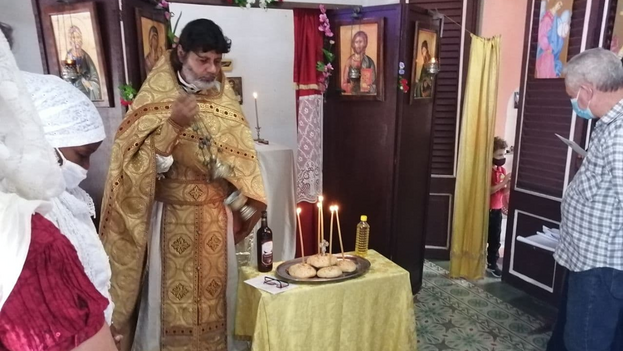
![]() 14ymedio, Reinaldo Escobar, Guanabacoa, 10 January 2020 — When it is said that an Orthodox church is located at number 54 Maceo street, in Guanabacoa, it is essential to warn those who venture to visit it that, although it may not seem like it, the temple is there, behind that semi-ruined façade where an imposing door leads to a mansion built in the 19th century.
14ymedio, Reinaldo Escobar, Guanabacoa, 10 January 2020 — When it is said that an Orthodox church is located at number 54 Maceo street, in Guanabacoa, it is essential to warn those who venture to visit it that, although it may not seem like it, the temple is there, behind that semi-ruined façade where an imposing door leads to a mansion built in the 19th century.